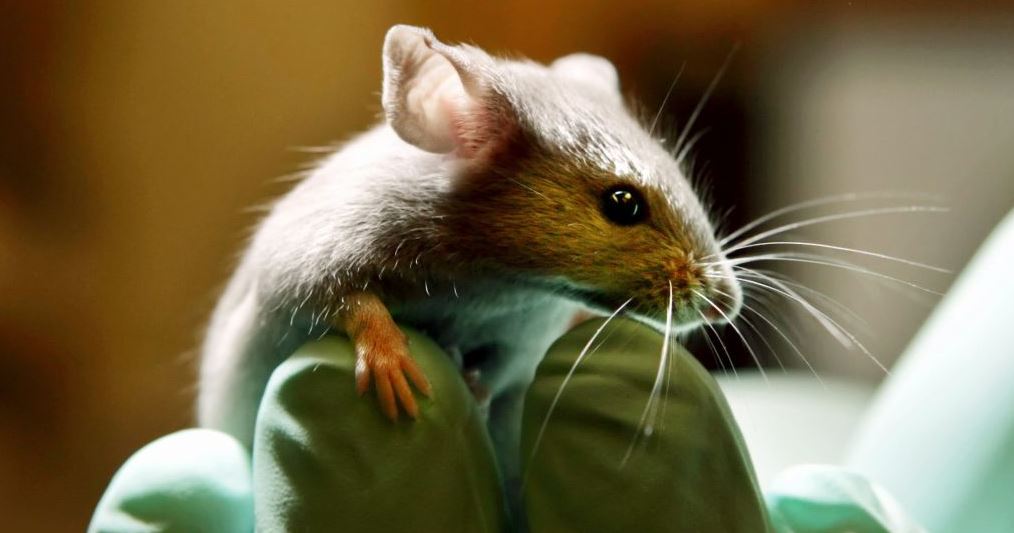by Wesley J. Smith
The NIH (National Institutes of Health) is considering funding research that will inject human stem cells into animal embryos, thereby creating human/animal chimeras. We have to be careful how we react to such stories and not assume that all such human/animal research is, by definition, unethical.
For example, transgenic animals–that is, an animal with a gene or genes from another species–have been created that contain valuable medicinal properties in their milk (as just one example), without materially changing the nature of the animal so that it possesses distincly human characteristics or the potential to develop human behaviors.
That was the purpose for the creation of Dolly the cloned sheep, to eventually manufacture a herd of transgenic sheep for use in “pharming.”
If we had a science sector that believed in the intrinsic dignity of human life, we could explore these potentially beneficent avenues of biotechnology with little concern that scientists would begin to blur vital distinctions or cross crucial ethical lines dividing human beings from fauna.
Alas, we don’t live in that milieu and we can’t trust our regulatory bodies–which can be more controlled by the sectors they are supposed to regulate than the other way around–to maintain strict boundaries. Another problem is that society generally doesn’t seem to care much about ethical principles around these issues. If you tell many people that biotechnology will cure their Uncle Charlie’s Parkinson’s disease, they won’t give much of a fig about other moral ramifications.
I don’t think this work can be stopped. But identifying the lines that should not–and which we will not allow to–be crossed is urgently needed so that legally enforceable standards can be delineated. I just don’t see anyone currently in power within the symbiotically connected science, government, and big business sectors much interested in giving such work more than placating lip service at the moment.
